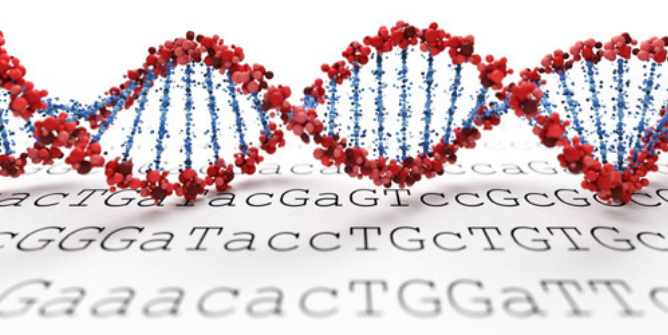
Sangamo and Pfizer Announce Interim Gene Therapy Findings
In an oral presentation at the XXVII Congress of the International Society on Thrombosis and Haemostasis (ISTH), Sangamo Therapeutics, Inc and Pfizer, Inc. announced interim findings from a phase 1/2 study of their hemophilia gene therapy candidate SB-525. Known as Alta, the dose ranging clinical study is designed to assess both the safety and tolerability of SB-525 in patients with severe hemophilia A. The ISTH Congress took place July 6-10, 2019 in Melbourne, Australia.
SB-525 is developed using recombinant adeno-associated viruses (AAVs) as vectors to deliver the genetic codes that illicit factor VIII (FVIII) production in hemophilia A patients. These AAVs deliver the modified genetic material into an individual’s liver cells without causing disease or triggering significant immune responses.
According to a July 6th Pfizer press release, the data reported at ISTH showed that SB-525 was “generally well-tolerated” and demonstrated a dose-dependent increase in FVIII activity levels. The first two patients treated at one of the lower doses rapidly achieved normal levels of FVIII activity and no bleeding events were reported. In addition, the effect of the one-time administration of SB-525 has been sustained for as long as 24 weeks. Investigators also reported FVIII activity level increases amongst all 10 enrolled participants across the four dose ascending groups. Additional patients are expected to be treated with SB-525 in the future.
“The initial results with SB-525 gene therapy for patients with severe hemophilia A continue to look very promising,” said Barbara Konkle, MD, Bloodworks Northwest, Professor of Medicine at University of Washington and a Principal Investigator of Alta. “It is encouraging that patients in the 3e13 vg/kg cohort have attained normal Factor VIII levels within 5-7 weeks of treatment with SB-525 gene therapy and have sustained Factor VIII activity with no bleeding episodes. It will be important to continue to follow these patients to understand the potential long-term durability of this gene therapy.”
In light of Alta’s interim data, the U.S. Food and Drug Administration (FDA) granted regenerative medicine advanced therapy (RMAT) status to SB-525. RMAT designation is granted to regenerative medicine therapies intended to treat, modify, reverse, or cure a serious condition, for which preliminary clinical evidence indicates that the medicine has the potential to address an unmet medical need. The RMAT designation includes all the benefits of the fast track and breakthrough therapy designation programs. In the next phase of their collaboration, Pfizer will assume responsibility for the late-stage development and manufacturing of SB-525.
“We are encouraged by the initial clinical data suggesting safety, tolerability, and efficacy of SB-525 and are beginning preparations, including manufacturing, to potentially advance into a registrational study. We are also encouraged by our interactions with regulators and by the FDA’s recent RMAT designation,” said Seng Cheng, Senior Vice President and Chief Scientific Officer of Pfizer’s Rare Diseases Research Unit. “If FVIII levels are sustained, and patients continue to have no bleeding episodes and remain off factor replacement therapy, we believe that this gene therapy may potentially represent a transformative treatment paradigm for severe hemophilia A.”
Source: Pfizer Inc. press release dated July 5, 2019